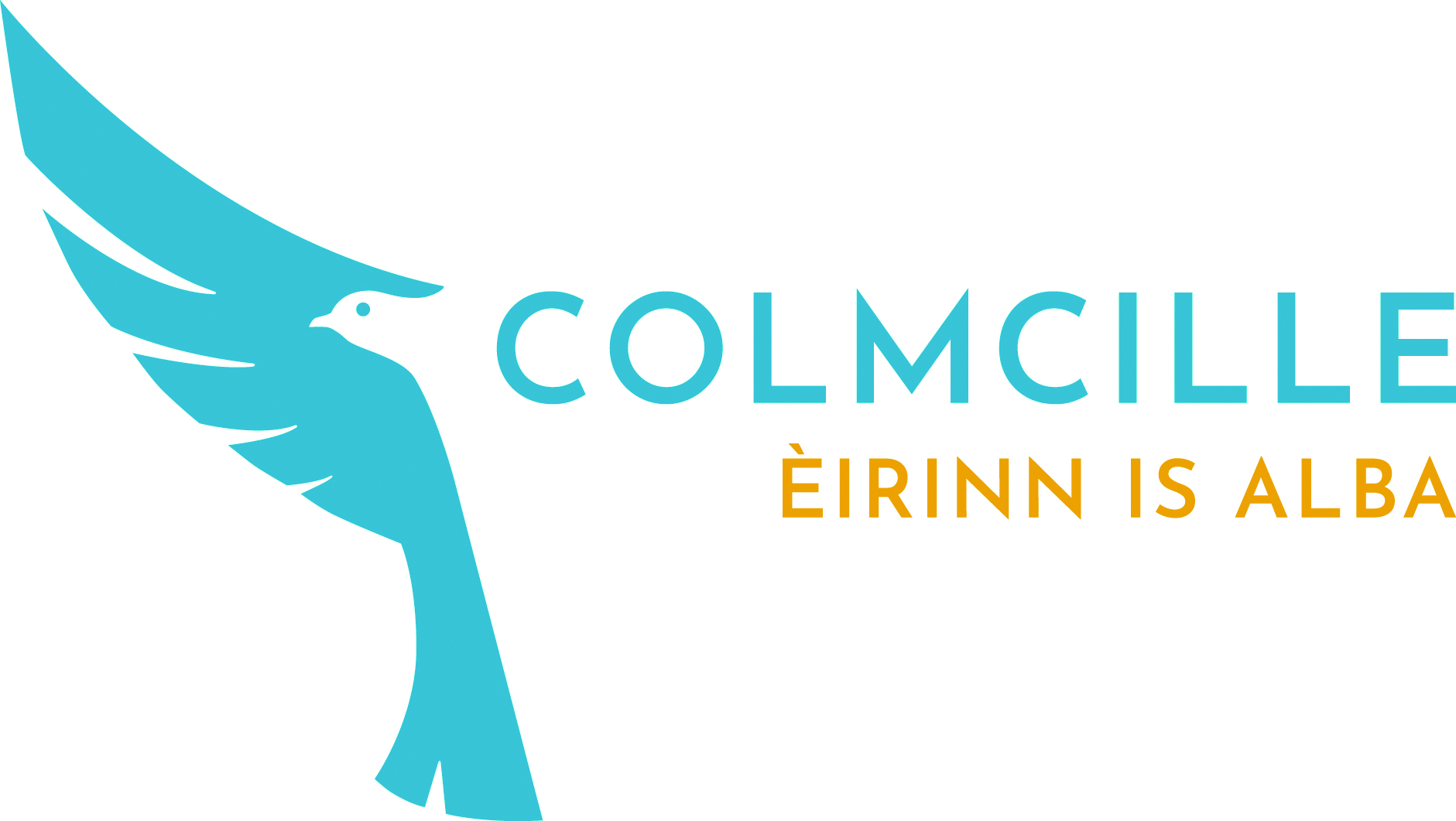Praise has been received for the innovative work undertaken by Comunn na Gàidhlig’s (CnaG) Iomairtean development officers during lockdown, to keep young people tuned in to Gaelic.
With funding from Bòrd na Gàidhlig, and support from four Local Authorities, there are now 15 ‘Iomairtean’ development officers working in different communities all over Scotland. The majority of these officers deliver their work through a close partnership with schools in their respective communities – with the schools closed new skills and approaches needed to be developed to support kids with their continued use of Gaelic.
The work done over the months during lockdown – which was undertaken as part of the #cleachdiaigantaigh campaign has now been praised by both teachers and parents.
Marina Murray, CnaG Development Director said “We are very pleased that people in the communities in which we work, have responded so well, and so positively to the opportunities and activities we have been providing over the past few months, given the challenges we had to overcome.”
“In the first place none of our officers have ever been recruited for their knowledge and abilities with social media or technology – instead we strongly prioritise their inter-personal abilities, and they positive relationships they can build with young people. For some of our officers, it meant familiarising themselves with online platforms to continue those relationships – and they undertook this with a lot of commitment. Secondly, we had to avoid delivering these sessions during the school day, to avoid competing with school lessons. This resulted in our officers working later in the afternoon and evening, trying to encourage young people to come back online to take part in activities.”
“Despite these challenges, the team proved how creative they could be, coming up with new ideas for activities – too many to list. They included quizzes and writing competitions, videos, games and many other activities whose whole focus was on engaging and enthusing young Gaelic speakers.”
Some of the activities they provided included:
• After school clubs with games and opportunities to converse in Gaelic
• Live videos showing various arts and crafts/Bingo/Vocabulary
• T-shirt competition, open to children all over Scotland, allowing them to get creative, making a Gaelic slogan t-shirt.
• Quizzes at local and national level
• Conversational opportunities
• Online Yoga videos
• Online Cèilidhs
• Writing competitions, encouraging young people to write stories relating to Year of Coasts and Waters 2020 in Scotland.
• FilmG and online drama opportunities
• Outdoor sports with distancing, once guidelines allowed.
During this campaign, there has been strong feedback welcoming and praising the opportunities provided:
“We really do appreciate it…when she comes off, she’s keen to carry on talking in Gaelic.”
“It’s giving her a real boost having these sessions.”
“She had a beaming smile after the lesson. It’s been a great help for us.”
“Thank you so much for what you have done…was really quite low and anxious about Gaelic work and then you came along and put a spring in her step again.”
“…is loving getting to still be involved in drama after missing it over the Summer. Can’t wait to see what they come up with. Please keep in touch about any more drama workshops that might be taking place once there is a little more normality back in place.”
“It’s been hard getting her involved in Gaelic activities as we don’t have Gaelic at home, so we really appreciated this.”
“They really enjoyed the videos you made…many thanks!”
“Great fun!”
“Thanks for all you’re doing, especially over the last few months.”
“All the sessions you have organised have been instrumental in keeping some Gaelic going for them in a very easy, relaxed manner which they really look forward to – much appreciated!”
“Thanks for some great fun, on a very wet day!”
Daibhidh Boag, Director of Language Development at Bòrd na Gàidhlig said: “Firstly, I would like to sincerely thank the officers who were involved in the #cleachdiaigantaigh initiative, and thank them for swiftly providing such a great online service. We witnessed many organisations work together, and in partnership with schools to help encourage the use of Gaelic in the home. Where it wasn’t possible for young people to come together in their own communities, in the way in which we are familiar, it was made possible for them to be together in online communities from all over Scotland. We have learnt very much from the challenges of this time, skills and knowledge which will be very useful in the years to come.”
Marina Murray added, “Similar to other organisations, we are delivering our work as best we can, while the virus is still interrupting our usual methods of delivery. It’s not getting any easier – where we would now be organising after school clubs or sports sessions, the Covid 19 restrictions mean these options are still not available to us. Despite this, with support from Bòrd na Gàidhlig and respective local authorities, we will continue to do our best in encouraging use of Gaelic among young people.”
END

